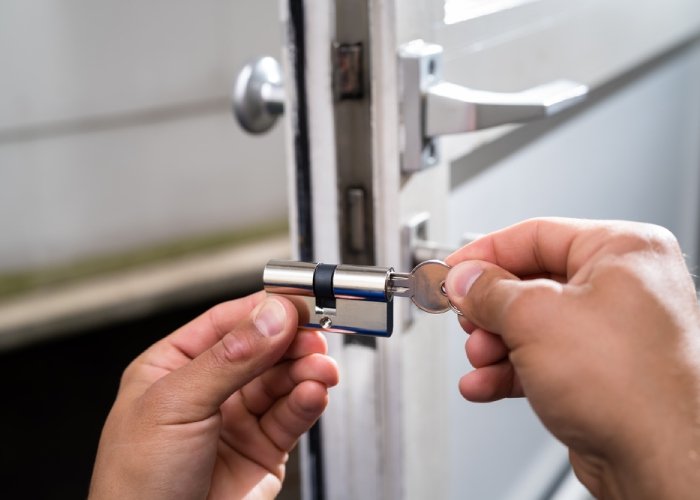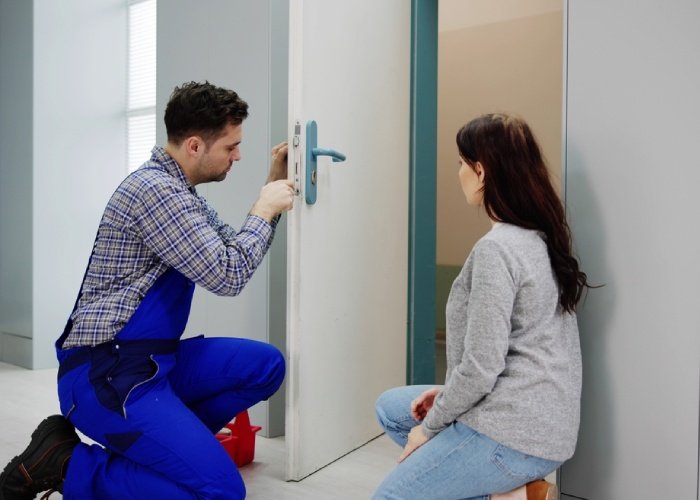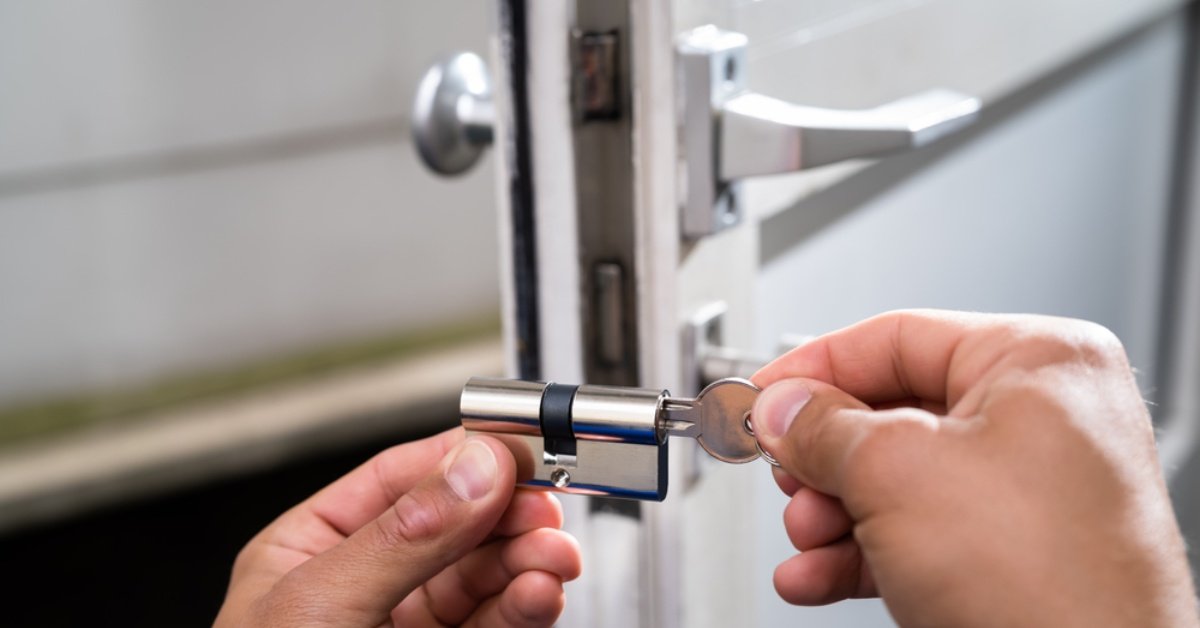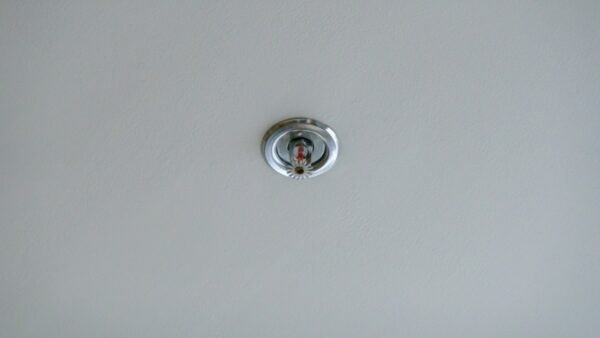In the realm of landlord and tenant relationships, questions regarding property security often arise, especially when it comes to the changing of locks. Tenants may wonder about their rights and whether can a landlord change the locks without consent. Understanding the legalities surrounding this issue is crucial for both landlords and tenants in the UK, especially when ensuring the property is safe and everyone’s rights to quiet enjoyment are respected.

It Is Illegal For A Landlord To Change The Locks?
In the United Kingdom, tenants have certain rights regarding the security of their rented accommodation. Landlords are generally not allowed to change the locks without the tenant’s permission, except in specific circumstances outlined in the tenancy agreement or by law. The question can a landlord legally change the locks depends on whether they are following the correct legal process.
One such circumstance is when the landlord has a valid reason to believe that the property or its occupants are at security risk. For instance, if a tenant has breached their contract by engaging in illegal activities or causing significant damage to the property, the landlord may have grounds to change the locks for security purposes. However, failing to follow legal procedures could result in an illegal eviction claim.
Reasons a Landlord in the UK May Legally Change the Locks on a Property
Can Tenants Change the Locks on Their Rented Accommodation?

When tenants wish to change the locks themselves for added security, they should seek permission from the landlord or property management company. Most tenancy agreements outline procedures for alterations to the property, including changes to security measures like property’s locks.
Tenants typically do not have the automatic right to change the locks without the landlord’s permission. Doing so may be regarded as tenants changing the locks without notice, which could breach the contract.
If a tenant wishes to change the locks, they should follow these steps:
- Seek permission: Tenants should request written permission from the landlord.
- Provide details: If permission is granted, tenants may be required to provide a spare key.
- Revert to original condition: Some landlords require the original locks to be restored at the end of the tenancy.
Changing locks without permission may result in financial liability or a formal eviction notice if handled poorly.
What if there are concerns about security?
If there are concerns about security or safety that require a lock change, tenants are advised to discuss these issues with the landlord first. This could include situations such as damaged locks, worries about past keys still being in circulation, or concerns about someone unauthorised entering the property. Open communication can help ensure the property is safe for everyone.
Additionally, tenants should consider seeking legal advice to understand their rights and obligations in their specific situation. It’s also important to remember that acting alone, such as tenants changing the locks without notice, can create complications and may be seen as having breached their contract under the tenancy agreement. Likewise, landlords should not attempt to act without following the correct legal process, as doing so may give rise to claims of illegal eviction.
Moreover, landlords should prioritise maintaining the safety and security of their rental properties. Regular inspections and maintenance checks can help identify any potential issues, such as faulty mechanisms, worn components, or damaged locks on a rental property, before they escalate into larger problems. This proactive approach can prevent emergencies and supports both parties’ rights to quiet enjoyment of the home.
Addressing these issues promptly helps ensure tenants’ safety, protects the landlord’s investment, and helps maintain a positive landlord and tenant relationship. Good communication and respect for legal procedures reduce misunderstandings and support long-term tenancy stability.
Both landlords and tenants need to familiarise themselves with their rights and responsibilities regarding property security. Open communication and adherence to the law can help prevent disputes and ensure a harmonious rental experience for both parties. Asking can a landlord change the locks is ultimately about understanding when action is necessary and ensuring that all steps follow proper legal channels.





